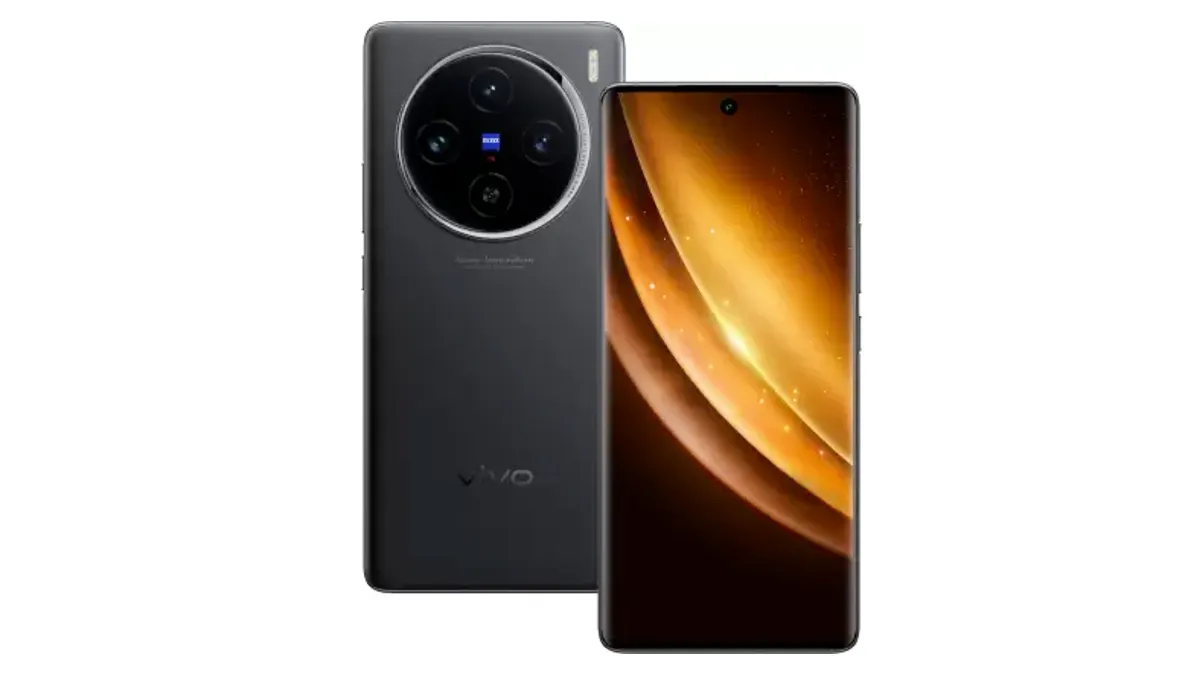In an unexpected turn of events within the smartphone industry, Oppo and Vivo have reportedly decided to cease their efforts in developing foldable smartphones. Meanwhile, Huawei is doubling down on innovation with the development of a groundbreaking 10-inch tri-folding device. This bold move highlights the diverging strategies among leading tech giants in the foldable smartphone market.
Key Highlights:
- Oppo and Vivo are stepping back from the foldable smartphone market.
- Huawei is advancing its technology with a 10-inch tri-folding device.
- The tri-folding device aims to offer unparalleled multitasking and user experience.

Huawei‘s venture into the tri-folding device realm signifies a significant leap in foldable technology. The proposed 10-inch screen aims to transform user interaction with foldables, offering a novel approach to multitasking and application usage. This device is anticipated to feature the capability of running multiple apps side by side, adjusting app display sizes to user preference, and even transforming into a makeshift laptop with a digital keyboard on one of the folds.
The innovation does not stop with Huawei. TCL, another tech player, has been exploring similar territories with its own concept of a tri-foldable tablet. Although not directly related to the current developments of Huawei, Vivo, and Oppo, TCL’s exploration into foldable devices underscores a broader industry trend towards versatile and adaptable smartphones.
The potential withdrawal of Oppo and Vivo from the foldable market may signal a consolidation phase, where only players willing to invest heavily in R&D and navigate the complexities of foldable tech will remain. This could lead to a more focused and possibly more innovative competitive landscape.
In the foldable device arena, software compatibility and the development of applications that can leverage the unique capabilities of foldable screens remain significant challenges. Companies like Huawei and TCL are at the forefront, pushing the boundaries of what’s possible with foldable technology. However, the success of such innovative devices will heavily depend on the ecosystem of apps and software features that can utilize the hardware’s full potential.
As we witness this pivotal moment in smartphone technology evolution, the industry’s future seems to hinge on the balance between innovation and practical usability. While Huawei’s ambition with the tri-folding device sets a high bar for what’s technologically feasible, the broader adoption and success of foldables will likely be determined by how well these technologies integrate into users’ daily lives.
The news piece provided synthesizes available information into a comprehensive overview. For the latest developments or more detailed insights into Huawei’s tri-folding device, Oppo, and Vivo’s strategic moves in the foldable phone market, it’s advisable to look for direct statements from these companies or check the latest tech news updates. Without new data or specific directions on what more to elaborate, the information provided stands as a thorough summary of the situation based on the guidelines you’ve outlined.The dynamic nature of the tech industry means that developments can happen rapidly, with new announcements, technological breakthroughs, or strategic changes occurring frequently. Engaging with these sources will provide the most current and detailed insights into Huawei’s advancements in tri-folding devices and the strategic decisions of Oppo and Vivo regarding the foldable smartphone market.

























Add Comment